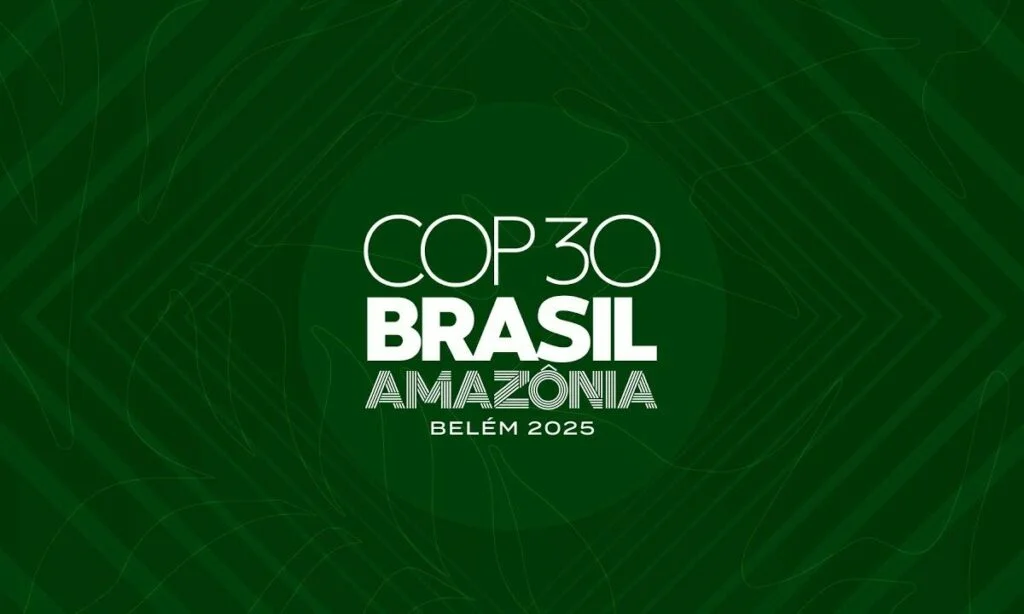Global climate experts are expressing mixed feelings as Brazil prepares to host the 30th edition of the United Nations climate summit, known as COP30.
The event will take place in the city of Belém, which is strategically located at the entrance to the Amazon rainforest.
This high-profile summit gets underway just months after a critical deadline was missed. Two-thirds of the 195 nations that originally signed the Paris Climate Agreement failed to publish their updated national climate plans.
Therefore, when talks commence on November 10, experts, diplomats, and world leaders will be strongly emphasizing tangible action over further promises.
The Gap Between Pledges and Reality
Previous climate pledges have fallen significantly short of necessary targets. Analysis shows that new plans submitted by 64 countries this year barely accelerate efforts to fight pollution.
The controversial setting for the summit adds another layer of complexity. Belém is a relatively poor city situated right on the edge of the Amazon. This rainforest is often described as the “lungs of the world.”
The conference, running from November 10 to 21, aims to showcase global determination to tackle rising temperatures. This objective will be challenging in a year marked by worldwide economic instability and reversed climate commitments by key nations.
U.S. President Donald Trump, for instance, will not be attending. He previously labeled climate change a “con job” at the United Nations General Assembly. Furthermore, he is not sending any “high-level” officials to the gathering.
Focus Shifts to Action and Funding
Unlike many past climate negotiations, this year’s conference is not primarily focused on generating a grand new deal or signing major statements. Organizers and analysts are framing this event as the “Implementation COP.”
What is critically needed now is increased financial support and stronger political will. Countries must move beyond decades of words and promises.
Specifically, they must implement policy to reduce heat-trapping gases and halt deforestation. Only this decisive action can stop global warming from accelerating past the level the world agreed to be too dangerous.
This need for action is underscored by recent data: In 2024, the 1.5 degree Celsius limit for average temperature increase was breached for an entire year. This benchmark is widely seen as the threshold for dangerously irreversible warming.




















